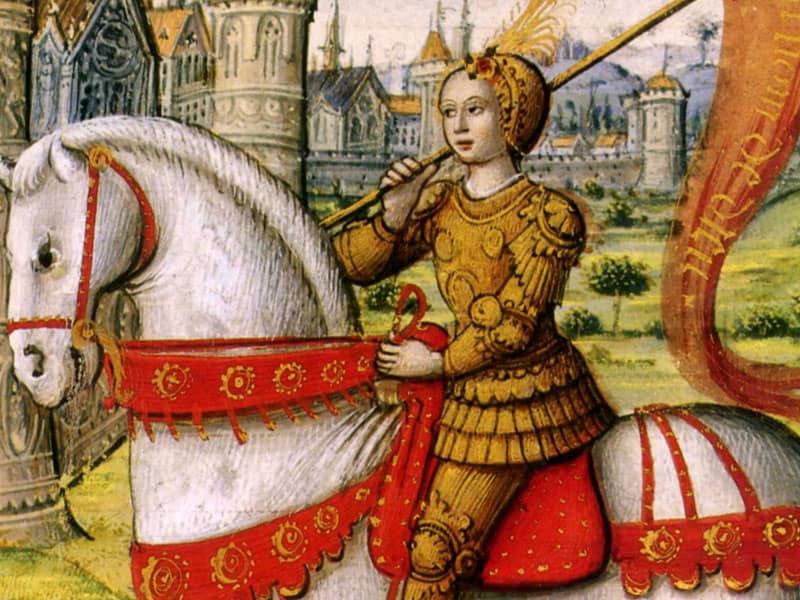John Paul II forcefully reminded his church that Christianity is not primarily an earthly program for political change or psychological comfort. He took his message to the people, becoming not only one of the most widely traveled men in human history but leaving a paper trail that has laid the foundation for the church in the next century.
The new Catechism of the Catholic Church and the new Code of Canon Law, along with his 14 encyclicals, have provided Catholics around the world the tools for distinguishing true Catholicism from ersatz religion all too often taught in the church's name.
Because he put a stop to such fads as liberation theology and the ordination of women to the priesthood, John Paul II has his detractors. They see him as the pope who turned back the reforms of Vatican II. Nothing could be further from the truth.
Anyone who has taken the time to read the 16 documents of the Second Vatican Council from the early 1960s will see that John Paul II is the embodiment of that Council. His papacy has been devoted to achieving the updating, or aggiornamento, that the council envisioned, primarily in the form of liturgical changes and lay participation in the Church.
John Paul II does not operate on the erroneous assumption that there is a post-Vatican II church that replaced the pre-Vatican II church. He recognizes that all true reform stems directly from the witness of Christ in the Gospels as faithfully interpreted by the Church through the centuries.
He has defended and defined the essential character of the Catholic Church as hierarchical, beginning with the Seat of Peter itself and descending through the bishops and priests to the laity.
There are times, especially now in the midst of the sexual abuse scandal, when we wish the pontiff had used his power to protect the laity not only from predatory priests but also from clerics who misrepresent the teachings of the church.
The pope has also been recognized for using his office to reach out in unprecedented ways to people of faith in other traditions, exemplified by being the first pontiff to visit the central synagogue in Rome. It was typical of his pontificate that all of the pope's ecumenical work was accomplished without compromising the doctrines of the faith he represents.
Much has already been written about the role of John Paul II in the fall of communism. Undoubtedly, the Berlin Wall would not have been pulled down in 1989 without his witness to freedom. But in my opinion, the long-term influence of this pope will be seen in the continuing vitality of the church around the world at a time when most Christian denominations have lost almost all their influence and many of their adherents. He came in time to deliver Europe from communism but not from the pervasive secularism that has reduced its churches to little more than tourist destinations.
It will take another pope in the mold of John Paul the Great, perhaps one from Africa or South America, to act as a Christian missionary to Europe in an ironic reversal of missionary journeys from centuries ago.

